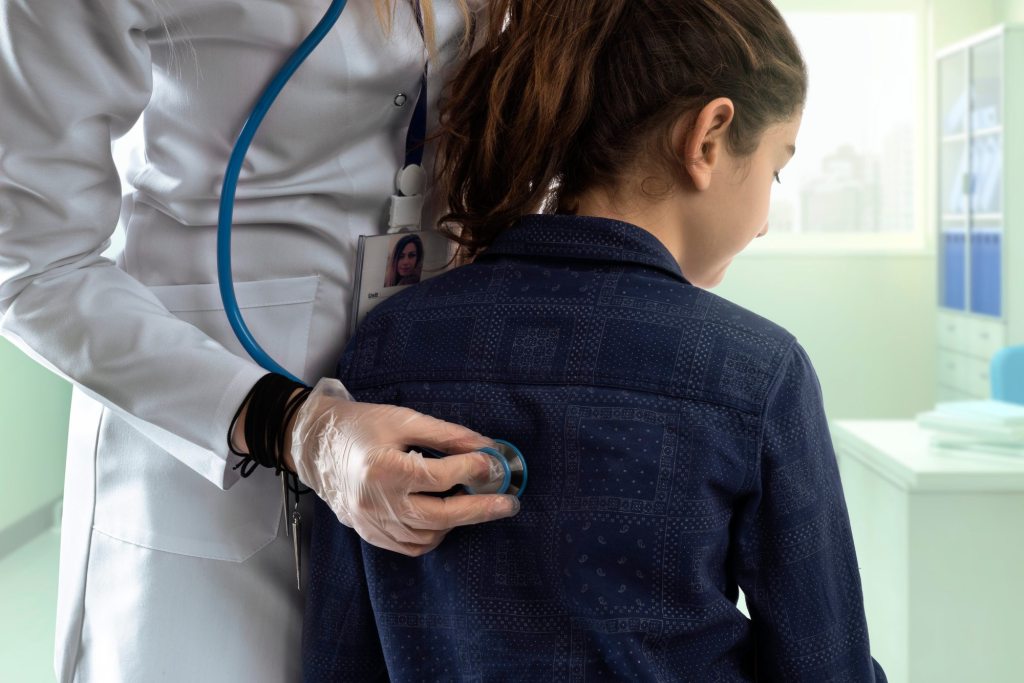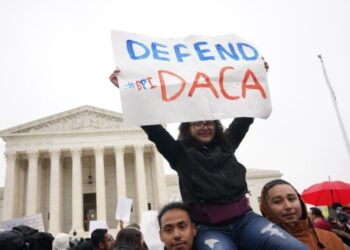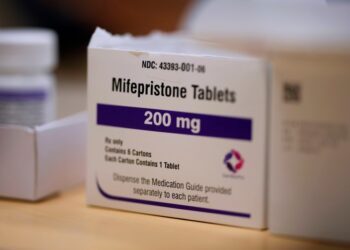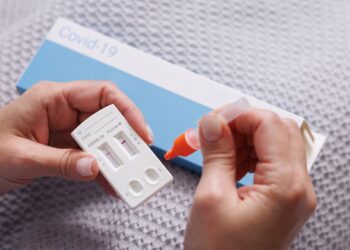My 12-year-old will visit Santa in a few weeks. She eagerly awaits the arrival of the magic elf. She loves Percy Jackson and Harry Potter and Baby Yoda and Star Wars. She does not drive (chauffeur here), she does not schedule her own calendar (social director here), she will barely brush her hair or teeth or retrieve her dirty clothes from the floor until I screech in a Medusa-like frenzy (mother here).
So it is with great irritation that I wrangle with our health care provider’s website, trying to schedule her COVID-19 booster (“We’re sorry. Unable to continue….”).
And reorder her Epi-pen prescription (“We are unable to display your list of prescriptions at this time….”).
And authorize the sharing of records (“You don’t have permission to use this service on behalf of your teen….”).
First of all, people, she is not a teen! She is 12. Yet 12-year-olds in California have privacy rights that vastly complicate my job as mom to orchestrate her health care. By letter of law, we have no right to many important details, which can be as infuriating as it is inconvenient.
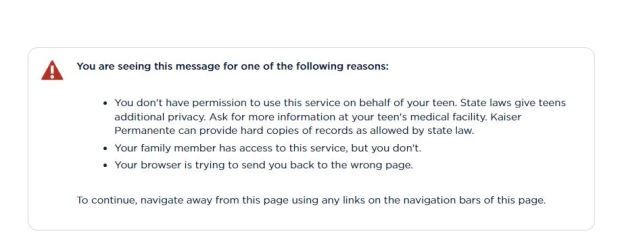 I understand that these laws can protect kids in turbulent households. If parents are the vaccines-contain-bots-allowing-Bill-Gates-to-control-your-brain types, it doesn’t seem unreasonable to allow teens who understand science to seek a COVID-19 or HPV or RSV vaccine. If parents are fire-and-brimstone-and-eternal-damnation types and the teen is sexually active, it doesn’t seem unreasonable to keep reproductive choices private. If parents are abusers and the teen needs counseling, or if the teen is the victim of assault at home, it doesn’t seem unreasonable to keep those records under wraps.
I understand that these laws can protect kids in turbulent households. If parents are the vaccines-contain-bots-allowing-Bill-Gates-to-control-your-brain types, it doesn’t seem unreasonable to allow teens who understand science to seek a COVID-19 or HPV or RSV vaccine. If parents are fire-and-brimstone-and-eternal-damnation types and the teen is sexually active, it doesn’t seem unreasonable to keep reproductive choices private. If parents are abusers and the teen needs counseling, or if the teen is the victim of assault at home, it doesn’t seem unreasonable to keep those records under wraps.
But for heaven’s sake. Doctors are mandated reporters. Call child protective services! Call the cops! There are some 8.8 million children in California, and about 271,000 of them were subjects of an investigated child maltreatment report, according to federal data.
I’m not…
Read the full article here

